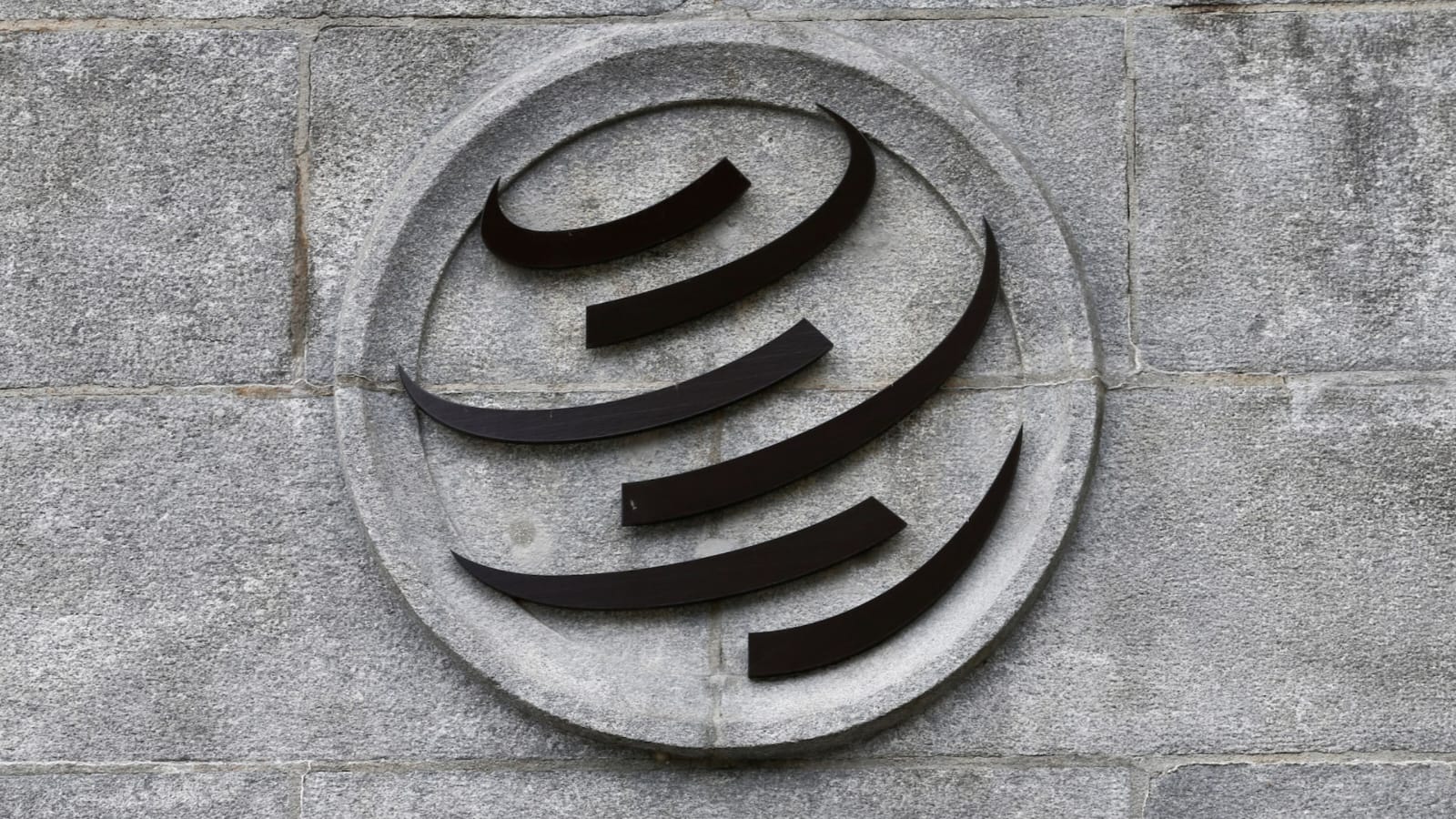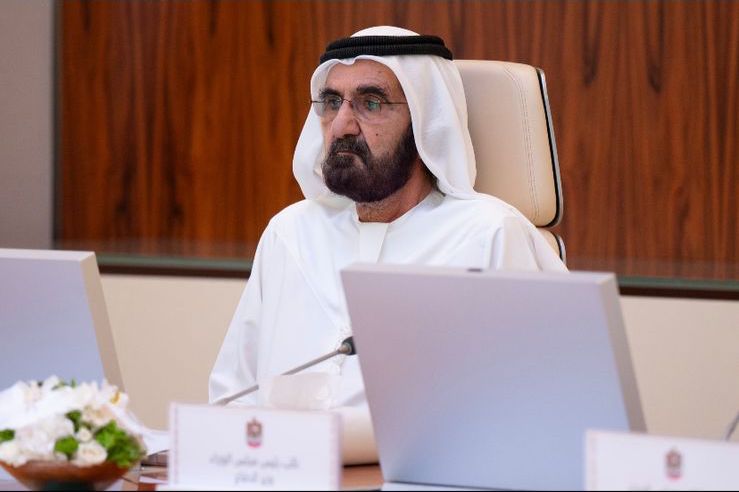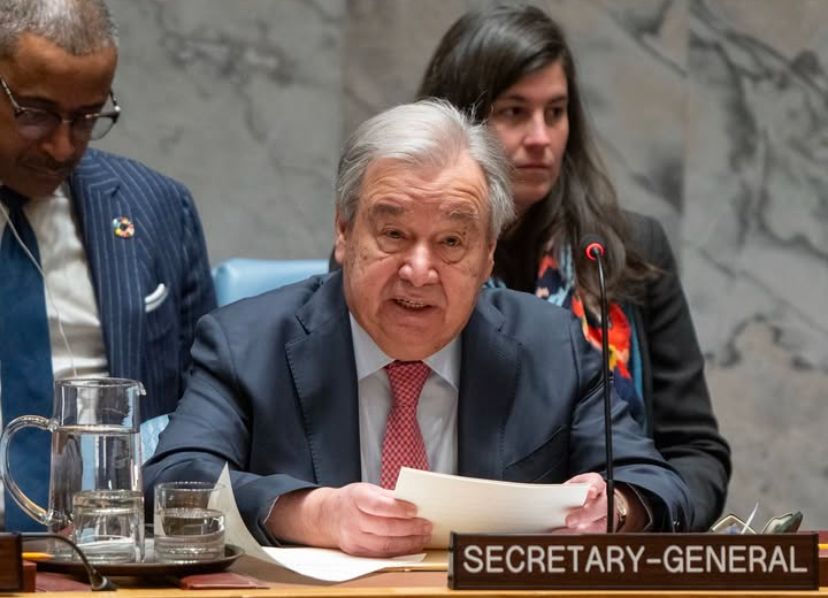UAE Rejects Port Sudan’s Move, Reaffirms Support for Sudanese People

In a pivotal diplomatic development, the United Arab Emirates (UAE) has officially rejected the Port Sudan Authority’s decision to sever diplomatic relations. The UAE contends that the Port Sudan Authority, aligned with the Sudanese Armed Forces (SAF), lacks legitimate authority and does not represent the internationally recognized government of Sudan. The UAE’s response reinforces its long-standing commitment to the Sudanese people and its ongoing humanitarian support amid Sudan’s escalating internal conflict.
This decisive stance comes at a critical time, as Sudan continues to grapple with a devastating civil war between the SAF and the paramilitary Rapid Support Forces (RSF). Against this backdrop, the UAE has emphasized that its foreign policy in Sudan is centered around support for peace, stability, and the welfare of the Sudanese population.
Background of UAE–Sudan Relations
The UAE and Sudan share a historically significant and multifaceted relationship that spans over five decades. Since the 1970s, the two nations have developed strong bilateral ties, marked by economic cooperation, humanitarian collaboration, and shared cultural values. The UAE has played a vital role in supporting Sudan through various phases of its development, including during periods of political transition and economic hardship.
Over the years, the UAE has invested in Sudan’s infrastructure, energy, education, and healthcare sectors. Sudanese expatriates have also formed a substantial community within the UAE, contributing to the social and economic fabric of Emirati society. The UAE’s consistent humanitarian engagement in Sudan has included disaster relief, refugee assistance, and support for internally displaced persons.
The Port Sudan Authority’s Decision
On May 6, 2025, the Port Sudan Authority, operating under the Sudanese Armed Forces and based in the coastal city of Port Sudan, announced a unilateral decision to sever diplomatic ties with the UAE. This move was prompted by accusations that the UAE had provided support to the RSF, which has been engaged in a brutal conflict with the SAF since April 2023.
The authority alleged that the UAE had supplied arms and logistical support to the RSF, in violation of international law and Sudanese sovereignty. These accusations came just one day after the International Court of Justice (ICJ) dismissed Sudan’s legal case against the UAE, citing lack of jurisdiction due to the UAE’s reservations under the Genocide Convention.
The timing of the Port Sudan Authority’s announcement suggested a reactionary motive, following the ICJ’s dismissal. The SAF-led body framed its decision as a sovereign response to perceived foreign interference, yet international observers and regional analysts noted the lack of legal standing and legitimacy of the authority making such a declaration.
UAE’s Response to the Severance
The UAE Ministry of Foreign Affairs swiftly issued a comprehensive statement on May 7, 2025, refuting the Port Sudan Authority’s decision. The ministry firmly asserted that it does not recognize the Port Sudan Authority as a legitimate representative of the Sudanese state, reiterating that diplomatic relations cannot be altered by non-sovereign or transitional entities.
Describing the accusations of arms support to the RSF as baseless and politically motivated, the ministry condemned the move as a diversionary tactic aimed at deflecting attention from internal political failings and military miscalculations. The UAE emphasized that its foreign policy is guided by principles of neutrality, peacebuilding, and respect for the sovereignty of nations.
Moreover, the UAE highlighted its enduring support for a civilian-led political transition in Sudan. “The Sudanese people deserve a government that reflects their will and is free from military domination,” the ministry stated, calling for an inclusive peace process and a renewed commitment to dialogue and national reconciliation.
Humanitarian Efforts by the UAE
Despite mounting political tensions, the UAE has not wavered in its humanitarian commitment to Sudan. The country has played a crucial role in evacuation operations, relief aid, and logistical support for affected communities throughout Sudan. The humanitarian crisis precipitated by the conflict has seen millions displaced and thousands of lives lost.
In April 2023, the UAE coordinated the safe evacuation of Emirati citizens and foreign nationals from Sudan, prioritizing vulnerable groups such as women, children, the elderly, and the infirm. Nationals from 19 countries were safely relocated with UAE assistance. In addition to evacuation efforts, the UAE has operated numerous airlifts delivering food, medicine, and medical equipment into conflict zones and refugee camps across Sudan.
Partnering with international aid organizations, including the UN and the Red Crescent, the UAE has facilitated the distribution of essential supplies and services to areas hardest hit by the conflict. Mobile clinics, temporary shelters, and nutrition programs supported by UAE aid have provided vital lifelines for Sudanese civilians caught in the crossfire.
These efforts underscore the UAE’s broader foreign aid strategy, which prioritizes humanitarian diplomacy and reinforces its role as a regional leader in crisis response.
The Role of the International Court of Justice
The ICJ’s decision on May 5, 2025, to dismiss Sudan’s case against the UAE played a pivotal role in shaping the recent diplomatic standoff. Sudan had alleged that the UAE violated the Genocide Convention by supplying weapons to the RSF—an accusation that carried serious legal and reputational implications.
However, the ICJ found that it lacked jurisdiction to hear the case, citing a 2006 reservation entered by the UAE under the Genocide Convention. The reservation limits the ICJ’s competence to adjudicate disputes involving the UAE unless both parties explicitly consent. As Sudan had not secured the UAE’s consent, the court ruled the case inadmissible.
The UAE welcomed the ruling as a legal vindication and a reinforcement of international legal standards. It described the Port Sudan Authority’s subsequent decision to cut ties as an attempt to politicize a legal outcome and mislead the Sudanese public about the true source of their country’s ongoing instability.
Sudan, meanwhile, expressed disappointment with the ruling and vowed to pursue other legal avenues to hold the UAE accountable, potentially through regional forums or international investigative mechanisms.
Implications for Sudanese Sovereignty and Governance
The diplomatic fallout between the UAE and the Port Sudan Authority highlights deeper challenges within Sudan’s fractured governance. The ongoing conflict between the SAF and RSF has fragmented Sudan’s administrative structure, with rival factions laying claim to sovereignty, territory, and diplomatic representation.
The UAE’s rejection of the Port Sudan Authority’s legitimacy reflects broader international concerns about the militarization of Sudanese politics and the erosion of civilian authority. By reaffirming its support for a civilian-led transitional government, the UAE aligns itself with international calls for a return to democratic governance and constitutional rule in Sudan.
These developments raise important questions about Sudan’s path forward: Who truly represents the Sudanese state? What role should foreign actors play in mediating peace? And how can the international community support a sustainable political transition that empowers Sudanese civilians rather than armed factions?
The Humanitarian Crisis in Sudan
The civil war in Sudan has triggered one of the worst humanitarian disasters in Africa in recent decades. According to United Nations estimates, the conflict has claimed at least 24,000 lives and displaced more than 13 million people internally and across borders.
Critical infrastructure, including airports, seaports, hospitals, and power facilities, has been destroyed or rendered inoperative. Cities like Khartoum, Omdurman, and Port Sudan have seen fierce fighting, resulting in shortages of water, food, fuel, and medical care. The humanitarian corridors established by aid organizations have frequently been disrupted or targeted by armed groups, making it difficult to reach those in need.
The UAE, alongside countries such as Saudi Arabia, Egypt, and international agencies, continues to push for the establishment of safe humanitarian zones and ceasefires to facilitate the delivery of aid. Emirati officials have reiterated their call for all parties to respect international humanitarian law and prioritize the safety and dignity of civilians.
UAE’s Commitment to the Sudanese People
In the face of political provocations and military accusations, the UAE has remained steadfast in its support for the Sudanese people. The Ministry of Foreign Affairs has reassured the large Sudanese diaspora in the UAE, as well as Sudanese citizens visiting or residing in the Emirates, that their rights and access to services remain unaffected by the recent diplomatic developments.
The UAE’s consistent position reflects a long-term strategic vision: supporting regional stability, fostering people-to-people ties, and preventing state collapse in neighboring countries. Emirati leaders have reiterated that their issue lies not with the Sudanese people, but with factions that seek to derail peace and entrench military rule.
By maintaining humanitarian assistance, diplomatic engagement, and advocacy for civilian leadership, the UAE signals its intent to remain a constructive force in Sudan’s future—whatever political direction the country eventually takes.







